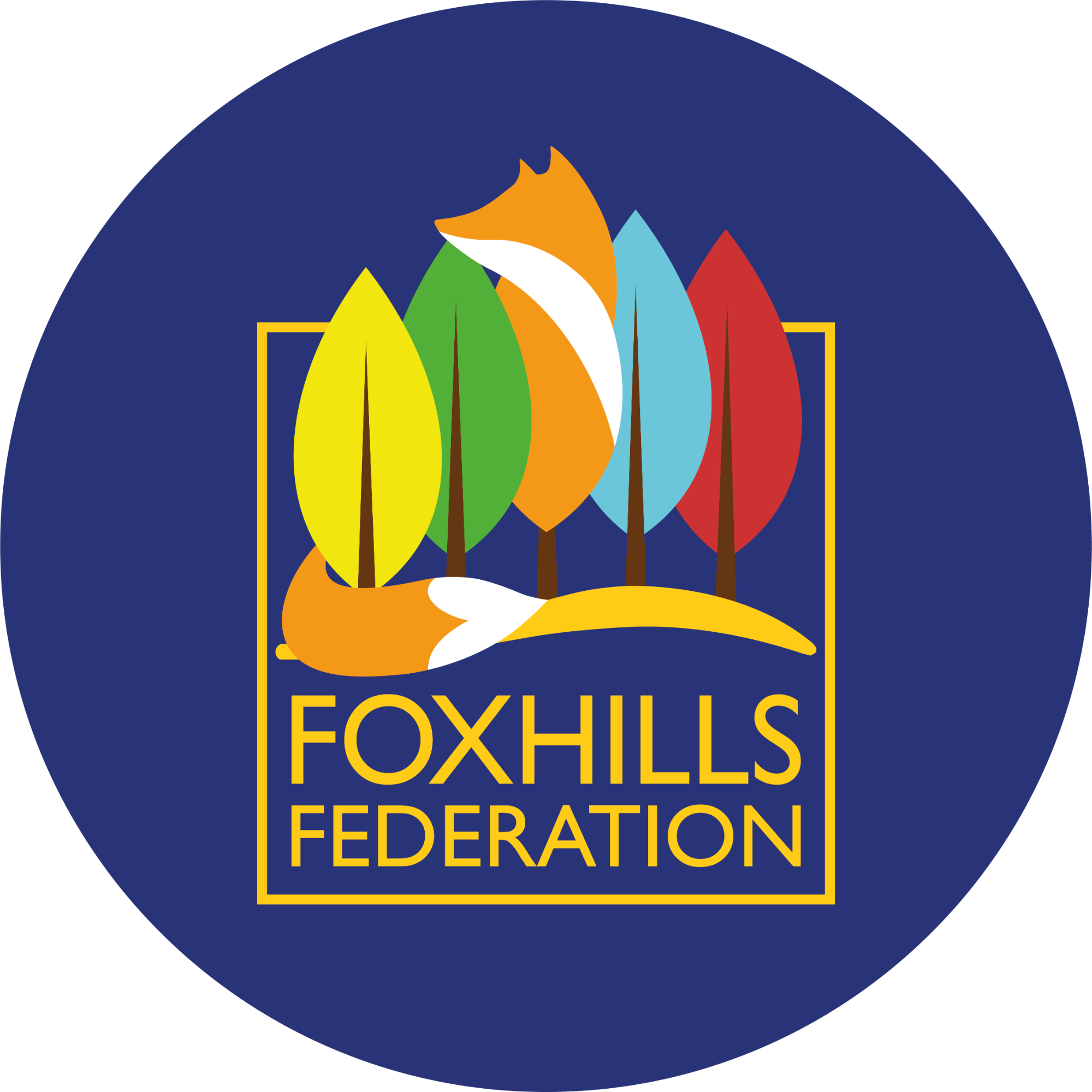Year 3
Summer Term 2
Reading
In Year 3, children will develop their reading skills through engaging texts such as Around the World in 80 Days. They will explore how authors build adventure and excitement, making inferences about characters’ choices and motives based on their own experiences. As they read, they will practise summarising key events and retelling stories in their own words to strengthen understanding.
Children will also analyse poetry, including Albatross by Laura Mucha. They will identify emotive language, explore themes of freedom and change and discuss how poetic techniques—such as metaphors and personification—enhance meaning. Through thoughtful discussions, they will infer the poet’s intent, examine emotions conveyed in the final stanza and consider how personal experiences shape interpretation.
Writing
During each half-term, the children will produce one piece of fiction and one piece of non-fiction writing. Throughout these learning journeys, they will acquire new grammar skills, practise their application, and develop extended pieces of writing.
The first piece of writing the children will produce is a narrative. As part of their journey with Mr Fogg and Passepartout in Around the World in 80 Days, they will be creating their own adventure that could fit seamlessly into the pair’s travels. They will draw on their knowledge of direct speech, apostrophes for possession and contracted forms to bring their exciting new chapter to life.
Maths
During this half term, children will be developing essential life skills through their learning in maths, focusing on understanding and using money confidently. They will practised calculating amounts, adding different values, and making real-world connections by applying these skills to everyday scenarios. By working through practical exercises, they will strengthen their ability to solve problems involving money, reinforcing their understanding of value, budgeting and financial awareness.
Science
This half term, children will be exploring the fascinating world of plants, deepening their understanding of how they grow, survive, and contribute to the environment. They will investigate the functions of different plant parts, learning how roots anchor plants and absorb water, how stems transport nutrients, and how leaves play a vital role in photosynthesis.
History
This term, children will continue to explore the lasting impact of Roman Britain on modern society. They will investigate how Roman innovations—such as roads, architecture, and governance—continue to shape the world today. Through engaging discussions and activities, they will consider how Britain changed under Roman rule and how this period influenced the development of towns, trade, and daily life.
Towards the end of the summer, children will revisit their knowledge of the Titanic, building on what they learned in Year 2.
Geography
In Geography, the children are researching aspects of Portsmouth physical and human features, their benefits they have in the area and will use this knowledge of London and Portsmouth to compare the two and draw on similarities and differences.
Languages
This half term, children will build on what they’ve already learned by practising how to talk about pets, animals, colours, and family members in Spanish. They’ll be learning to speak in simple sentences, ask and answer questions, and describe things using correct grammar and vocabulary. We’ll revisit key topics like numbers, colours, and family, and explore how Spanish words change depending on whether they are masculine or feminine. Children will also enjoy songs and games to help with pronunciation and understanding, and will practise writing short phrases from memory.
Computing
This half term, children will be creating their own interactive adventure using Scratch. They will build their coding skills by designing stories that link with their reading and writing lessons, reinforcing creativity and logical thinking. As they develop their projects, children will learn how to sequence events, use conditional statements, and debug simple errors in their code.
RSHE
This term, children will learn about caring friendships, how to stay safe online, and recognizing healthy relationships. They will explore privacy, boundaries, and how to talk about their feelings. We’ll also cover the basics of puberty, menstrual health and simple first aid skills. The aim is to help children understand themselves, keep safe and respect others.
RE
This half term in RE, the children will be learning about the Hindu festival of Raksha Bandhan, which celebrates the bond of protection and love between brothers and sisters. They will explore what protection means to them, how it is shown in their lives, and how it is valued in Hindu traditions. Through stories, discussion, drama, and craft activities like making rakhis (decorative wristbands), children will begin to understand how faith, family and belonging are connected. They'll also reflect on the importance of caring for one another and thinking about how we all help keep others safe.
PE
In Real PE, children will explore how their bodies change during exercise, learning about heart rate, breathing, and body temperature. They will practise balance and agility through activities like ball chasing and balancing on a line or beam, focusing on good posture and safe movements to prevent injury.
Additionally, children will prepare for Sports Day, practising events and working on improving their personal best.
